The story of FAHSI and its visionary co-founder Jean Raymundo Lobell
By Cristina DC PastorJean Lobell is not your standard FilAm community leader.
She is hardly ever around, meaning not so much in the public eye. If she is, it’s because the organization she co-founded, FAHSI, is lending support or leading awareness to a cause –immigration issues, senior or youth services, college access, or women’s issues — that’s dear to her.
When I met up with her at her office at the Community Resource Exchange, a management consulting firm where she is the Chief Program Officer, she appeared uncomfortable being photographed, even more so being asked questions.
“I don’t mind being interviewed in the dark,” she said smiling and with a hint of rectitude, as I was turning on the lights, opening the window shades in the conference room where I was setting up my video camera for the interview.
That’s Dr. Jean Raymundo Lobell of the Filipino American Human Services, Inc. – kind of reserved, a little self-effacing, somewhat guarded, and probably wondering what the fuss is about and why she is being interviewed almost a quarter century after she co-founded the first social services organization in the Filipino community.
Not much is known about Jean and the idea she and lawyer Reuben Seguritan “hatched” when they set up FAHSI in 1993 as a non-profit organization. And so one afternoon in April, I had an opportunity to sit down with this tireless, spark plug of a visionary who has made it her lifetime commitment to work with organizations to support them in finding solutions to social problems.
“At that time,” Jean recalled, “we (Filipinos) were the only Asian American group that did not have a human services organization.”
Around the time also, she and Reuben were on the board of the Asian American Federation, a non-profit umbrella of community agencies in the fields of health & human services, education, economic development, civic participation, and social justice. AAF provided the encouragement as well as the seed grant that got FAHSI on its feet.
FAHSI was founded to serve sectors of the FilAm community that the FAHSI community needs assessment found to be underserved.
“In the early days, we were doing a lot of youth programming, and then eventually senior programming,” began Jean. It engaged and provided services to seniors and youth and connected undocumented immigrants to law agencies that could help with their status. Until the financial crisis hit. In 2008, FAHSI, like many other nonprofit organizations, had slowed down, almost never heard from. The talk of the community was FAHSI had folded. No one wanted to speak on the record, but many knew grants have stopped coming. During this difficult period, Jean was not on the Board of Directors.
“Funding got very tight. That was during the financial crisis,” she said. “We left our office in Jamaica. We didn’t have staff anymore. That was a challenging time.” It was at this point that the former executive director asked Jean to return to the FAHSI Board
Two years ago, FAHSI made a decision to revisit its mission and programs despite thread-thin resources. They received a grant from the Asian American Federation to do another community needs assessment and hold strategic planning which resulted in what is called “re-missioning.” This involved rethinking how to continue to best serve the community.
“Right now FAHSI is focusing on a systematic and integrated referral program,” said Jean.
“It’s unrealistic to address all of the issues that were surfaced in the community needs assessment – immigration, health, youth, senior and women’s issues, and college access — all at once. It requires a lot of funding and staffing. But if we can refer them to the right organizations, we can partner with those organizations and provide those organizations with some cultural competencies to better serve the Fil-Am community,” she said.
For example, Filipino women who are victims of domestic violence could be referred by FAHSI to organizations that specialize in assisting abused women since there is no FilAm organization that serves this population, Jean lamented.
The referral program is still in a “process of conceptualization and development,” she said. “We’ve spent a lot of time thinking about what should be our next move.”
Caught up in Martial Law
Jean came to the U.S. in 1966 on a Fulbright fellowship, landing at the University of Minnesota where she completed a master’s degree in Social Psychology.
As a condition of her fellowship, she returned to the Philippines and taught at the Ateneo Department of Psychology, eventually becoming its chairperson. She returned to the U.S. in 1969 to pursue her doctoral studies at Columbia University. While in the U.S., martial law was declared in the Philippines in 1972.
“I was going to return but I wasn’t sure whether it was the kind of political climate that I would like to be in,” she said. “My brother and sister were going to school here (in the U.S.) and my mother came here (to join us). In essence, we were caught up in martial law.”
With a doctorate in Organizational Psychology from Columbia, Jean – whose parents are from Pasig and Bulacan – interned at Chase Manhattan Bank. This led to a formal position as an educational analyst. She left the bank as Assistant Vice President for Corporate Training and Development, after nine years.
“From there I was headhunted to go to Bankers Trust, which is now Deutsche Bank,” Jean continued. As a Corporate Director for Executive Development, she traveled a lot. “Once a quarter, I would travel to Asia, another quarter to the Middle East. Twice a year I’d be in either London or Paris or Geneva.”
FAHSI was the product of her long and deep background rooted in community development.
“I’ve always felt that when you are fortunate enough to be able to be what you want to be, you have some obligation to give back, so to speak,” she said.
Jean lives in Westchester with her husband Alan who is a real estate developer. She has a son, James who lives with his family in Oberlin, Ohio. He works as an architectural preservationist in an architectural firm in Cleveland and his wife is a curator at the Oberlin College Museum. Her eyes sparkled in delight when asked about a grandson. Jasper is 4 years old.
“He’s just…great.”


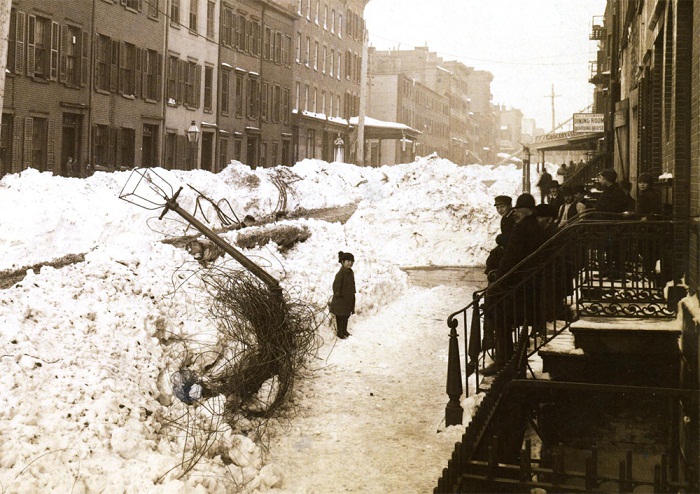
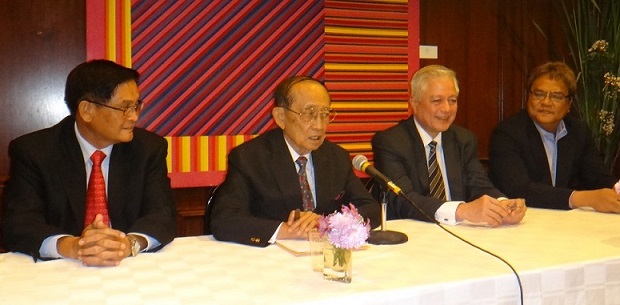
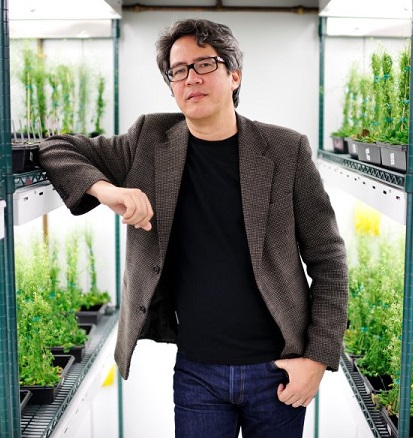

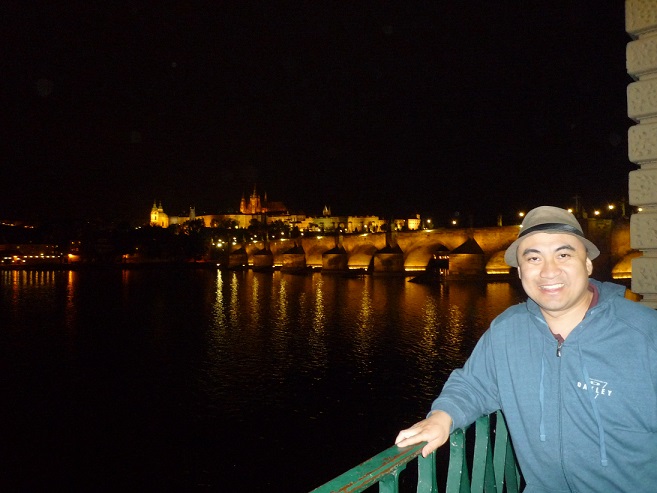


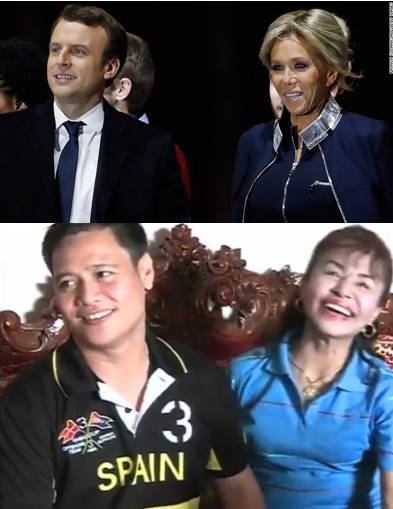
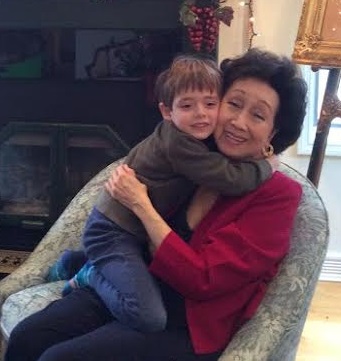
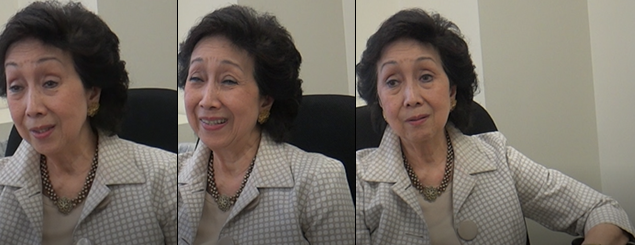
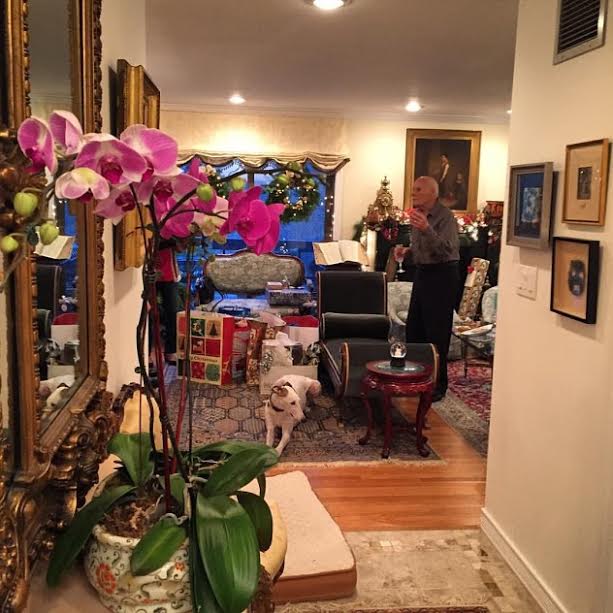


I actually love your website, carry on.